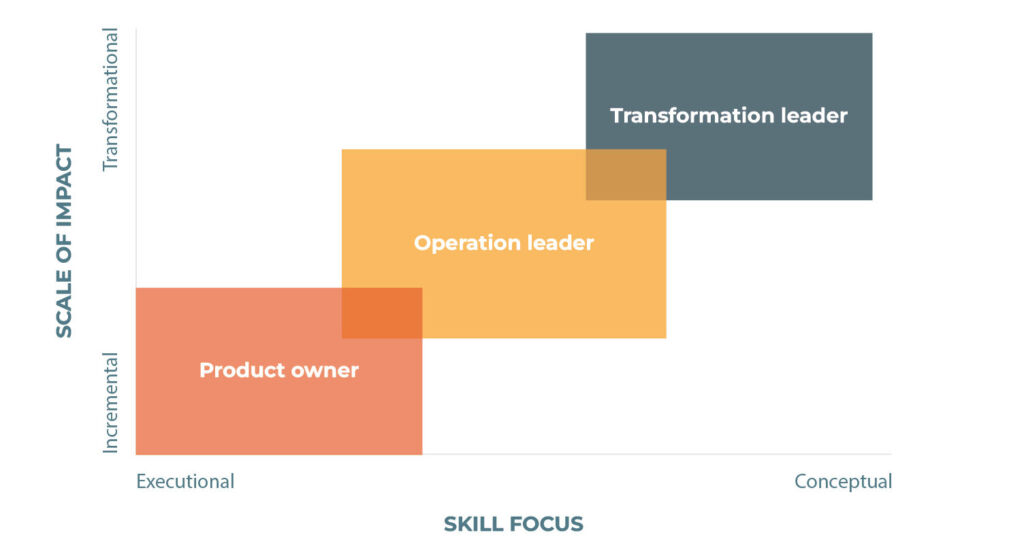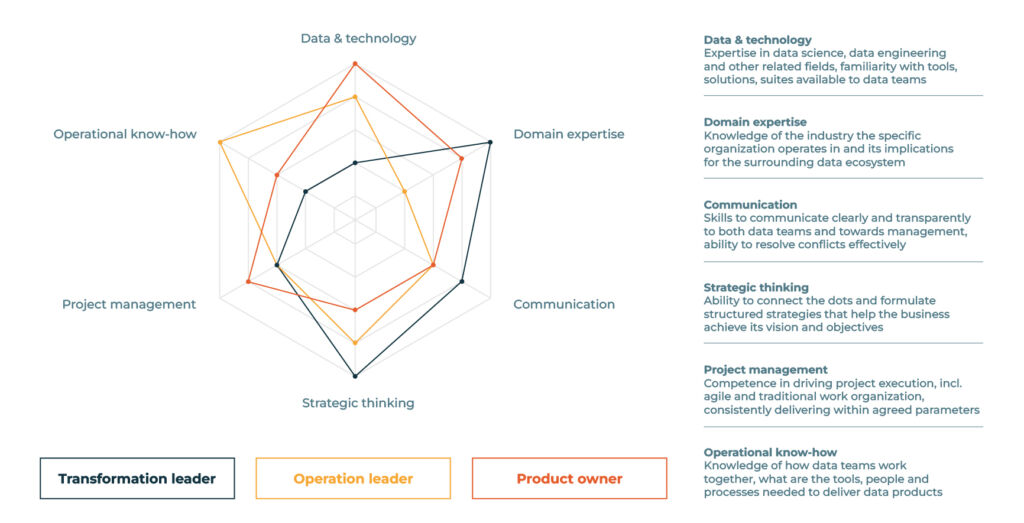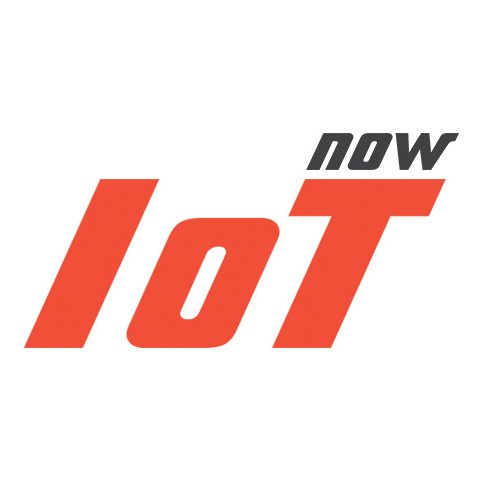
As companies progress on their journey toward data maturity, the role of the data strategist becomes ever more important. These new technical business experts have to master increasingly specialized skills in their quest to bridge the gap between strategy and data science. We wrote about The Rise of the Data Strategist in 2019 and 2020. We argued that organizations cannot solely rely on unicorns arising from data professionals to have all technical and business skills on their hands. Data strategists have come to serve a prominent role as the interface between business and technical data teams. This allowed each side to focus on what they do best and not get bogged down by tasks where they have the lack skills and understanding to execute well. Data strategists have become the glue that keeps the machine together and continue to undergo an evolution.
“As companies progress on their journey toward data maturity, the role of the data strategist becomes ever more important.”
-DAIN Studios
An Evolving Role
Now, two years forward and one global pandemic later, there is an even greater need for data strategists, and the debate has developed on several fronts. During the pandemic, we saw organizations trying to accelerate their data transformation, leading to the circumstance that talent in the respective fields is in even higher demand.
At the same time, the academic offering cannot match the speed at which the demand develops. This leaves organizations in a difficult position. Experienced talents are scarce and expensive. Simultaneously, the skills required to execute the data strategy have further developed for all data domains.
“Just as with the recent specialization of data science roles along multiple dimensions, we foresee a similar trend for the role of data strategists. As companies become more mature on their data journey, a mix of multiple strategist profiles will be needed to scale data capabilities,“ said Dirk Hofmann, Co-Founder and CEO of DAIN Studios Germany.
Data Strategist Profiles
We now regularly identify three distinct data strategist profiles:
- Those leading data and AI transformations from a strategy perspective.
- Those responsible for translating this strategy to the operational level.
- Those that work closely with technical teams to deliver data products.
Some are expected to bring about transformational changes, while others focus on contributing with incremental impact. Some must have conceptual thinking and communication strengths, while others need to bring executional excellence.
None are more important than the others, but having a good mix of these different talents is key to data-driven success. Relentless specialization has brought us back full circle to the old problem of the data scientist: it is still possible to find the right people for the job, but it will become ever more difficult.
#1: Transformation Leaders
As a transformation leader, the data strategist is responsible for all or part of a larger data transformation, its goals deriving from the company’s overall business strategy. This role interfaces with or directly covers the responsibilities of a chief data & analytics officer (CDAO) or an analytics lead.
They have to define and drive the execution of the data strategy with all its critical enablers. This may include defining key priorities for the data organization, driving the value-driven execution of their project portfolio, promoting and building the data culture, and supporting both upward, lateral, and downward communication.
The focus of this role is to enable the success of the entire data organization.
#2: Operation Leaders
Operation leaders must be ready to bring the data strategy home by translating it into a tangible operating model and helping to establish robust data governance. As the size of data organizations grows larger and larger (including citizen data scientists embedded in business functions), they are responsible for designing an operating environment that is built for the needed scale both in terms of data, tools, and processes.
Daily work ranges from creating logical data assets, and setting up the governance structure, all the way to defining tasks, roles, and responsibilities for the data development and operations processes. They play a crucial role in bringing companies out of pilotitis – a constant state of experimentation with data & AI.
#3: Product Owners
Product owners have to be just that, but with a data angle. Their main focus is the business success of a specific data project or product, always aligned with the company’s strategic objectives.
They manage requirements, communicate between business and technical teams, identify new feature demand, assess feasibility, set priorities for the developers, and promote the product internally as well as externally.
They need to ensure that integrations to all impacted people and processes are in place to generate value for the organization.
Further Specialization is Around the Corner
The good news is that the specialization of data strategists does not require the carve-out of yet another corporate function. All three sub-profiles broadly do the same crucial thing – play a vital translational role between the data professionals and the business side.
They all rely on similar skills, if in different concentrations: data and tech-savvy, domain expertise within the company’s business, good communication, corporate strategy thinking, product and project management experience, and operational know-how. C
rucially, this means a data strategist can be trained to embrace a sub-profile, though perhaps no longer be the only data strategist aboard.
Over the next five years, we expect data strategists to add even more skills to their profiles – data management and governance, for example.
The role of the strategist has always been about building bridges and connecting the dots. Between business and IT. Between strategy and execution.
As the field matures and new problems arise, building these bridges requires more specialized skills in every role. There will still be a role for generalist data strategists – and people who can master all skills will likely rise faster than others.
But companies need to brace for specialized data strategists becoming more important – and exactly the right ones are harder to find.




 Contact Company
Contact Company


 New Episode
New Episode





 Latest IoT News
Latest IoT News







